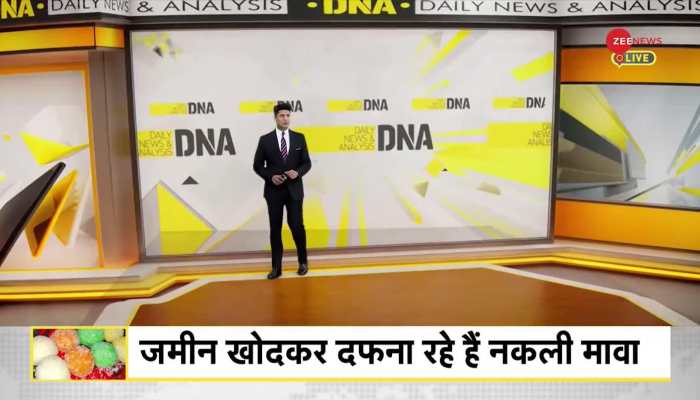Immunotherapy treatments may better treat skin cancer, says study
Treating one of the most common and deadly forms of skin cancer with a combination of immunotherapy options may improve survival and lower the risk of life-threatening events in the patients diagnosed in the late stages, a new study has found.
Trending Photos
) Immunotherapy
Immunotherapy New Delhi: Treating one of the most common and deadly forms of skin cancer with a combination of immunotherapy options may improve survival and lower the risk of life-threatening events in the patients diagnosed in the late stages, a new study has found.
"This is the first analysis to draw comparison between targeted and immune therapies for BRAF-mutated melanomas," said Feng Xie, associate professor at McMaster University in Canada.
According to Tahira Devji, PhD student at McMaster, around 40 to 60 per cent of melanomas have a mutation in the BRAF protein.
A number of effective treatment options are available for patients with advanced BRAF-mutated melanoma, which fall under two classes of drug therapies: targeted therapy, like chemotherapy, which stops cancer from growing and spreading; and immunotherapy, which works by stimulating the immune system to attack tumour cells.
It has been unclear which is the optimal initial treatment, researchers said.
The team evaluated 15 randomised controlled trials published between 2011 and 2015, assessing the benefits and harms of targeted or immune checkpoint inhibitors in 6,662 patients with cancerthat had spread to the lymph nodes and surgery was not an option, or distant metastatic melanoma.
They found that combined BRAF and MEK targeted therapy and PD-1 immunotherapy were both equally effective in improving overall survival.
Combined BRAF and MEK inhibition was most effective in improving progression-free survival. PD-1 inhibition was associated with the lowest risk of life-threatening events.
They concluded that the safety of PD-1 inhibitors supports using this treatment option as first-line therapy in circumstances where quick action is not a priority.
"While the data in our study represents best available evidence, using more than one kind of immunotherapy shows promise in early outcomes in clinical trials and could change the treatment landscape once longer-term results are published," said Xie.
Stay informed on all the latest news, real-time breaking news updates, and follow all the important headlines in india news and world News on Zee News.
Advertisement
Live Tv
Advertisement







)
)
)
)
)
)
)
)
)
)
